Dec 08, (V7N) - For the 10th consecutive day, thousands of protesters flooded the streets of Tbilisi, Georgia, on Saturday, demanding fresh elections and the reinstatement of the country’s European Union accession talks. The unrest follows the governing Georgian Dream party’s controversial victory in the October 26 parliamentary elections and its subsequent decision to pause negotiations with the EU.
The protests reflect mounting dissatisfaction with the government, which critics accuse of authoritarian tendencies and drifting towards Moscow's influence.
Pro-EU Demonstrations Amid Crackdown
Protesters marched from Tbilisi State University to parliament, wielding signs reading “We demand free and fair elections” and “Free all unjustly arrested.” The demonstrations blocked major streets in the capital, as crowds expressed their frustration with the government’s policies.
“We want Europe, and Europe only,” declared 19-year-old protester Giorgi Romanadze, describing the movement as a last stand for freedom.
However, the protests have been met with a heavy-handed response. Reports of police brutality, arrests, and attacks on opposition figures have drawn condemnation from domestic and international observers. The rights ombudsman accused security forces of using torture against detained protesters. Independent TV station Pirveli reported that masked assailants, allegedly linked to security forces, had beaten its journalists.
Government and International Reactions
Prime Minister Irakli Kobakhidze dismissed the protests, labeling them a battle against "liberal fascism," echoing rhetoric often used by Russia. The Georgian Dream party’s leadership praised the crackdown and refused to engage in dialogue with the opposition.
Meanwhile, President Salome Zurabishvili, a pro-Western figure at odds with the ruling party, has condemned the election results and the government's repression. Zurabishvili discussed the situation with U.S. President-elect Donald Trump and French President Emmanuel Macron, calling for stronger international support for Georgia’s democratic aspirations.
Ukrainian President Volodymyr Zelensky, meeting Zurabishvili in Paris, voiced his solidarity with the protesters, urging Georgia to resist Moscow’s influence.
Long-Term Implications
The Georgian Dream party’s decision to suspend EU accession talks has sparked accusations of betraying the nation’s pro-European aspirations, a stance enshrined in its constitution and supported by 80% of the population. Opponents fear the government is adopting policies similar to Russia’s, targeting civil society, media, and LGBTQ rights.
Despite calls for sanctions against Georgian Dream leaders, there appears to be no clear resolution in sight. Protests have spread to other cities, including Batumi, Kutaisi, and Zugdidi, indicating widespread discontent.
As demonstrators continue to demand free elections and a return to European integration, the crisis underscores a pivotal moment for Georgia’s future direction—either towards Europe or back into Russia’s sphere of influence.



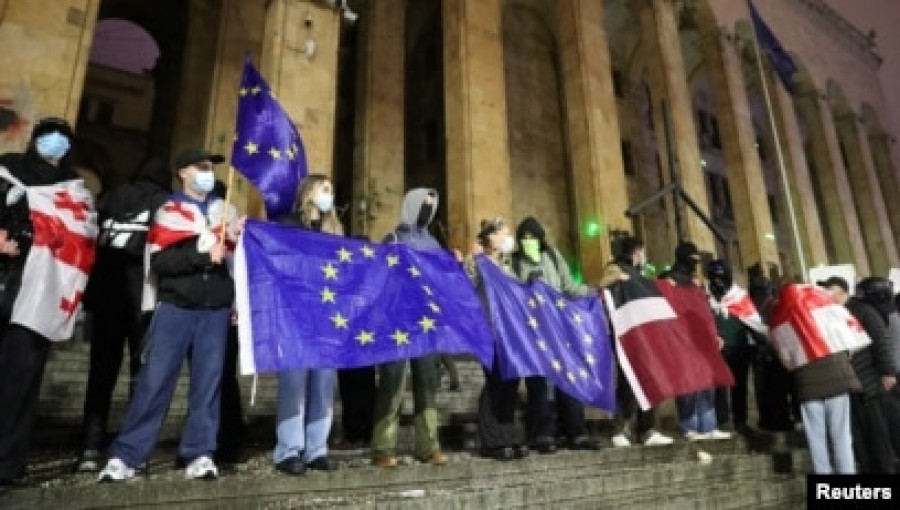
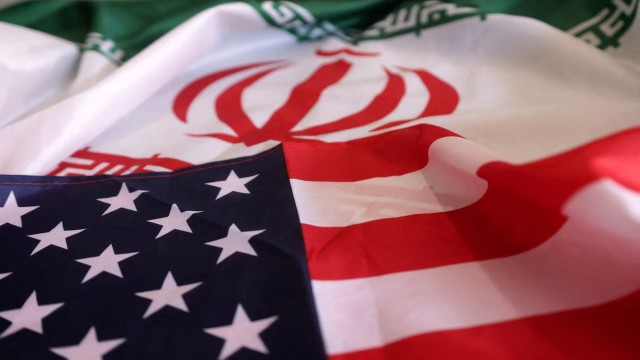
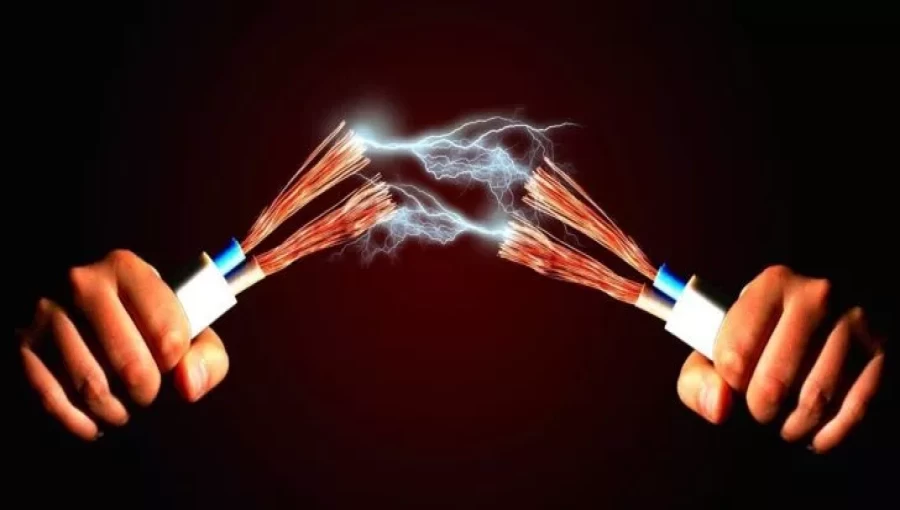
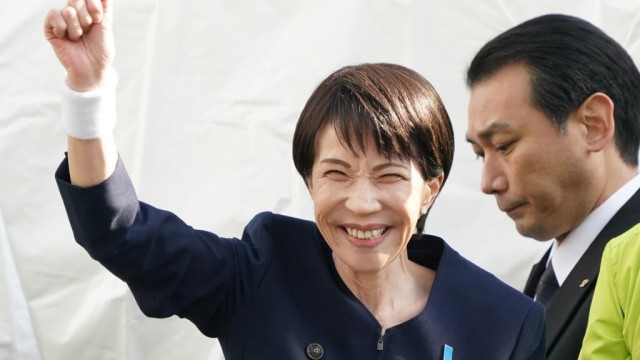


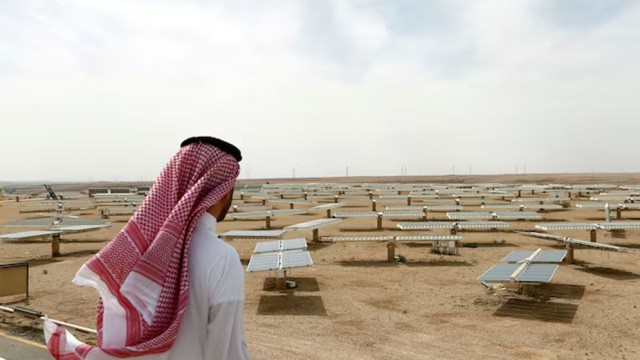
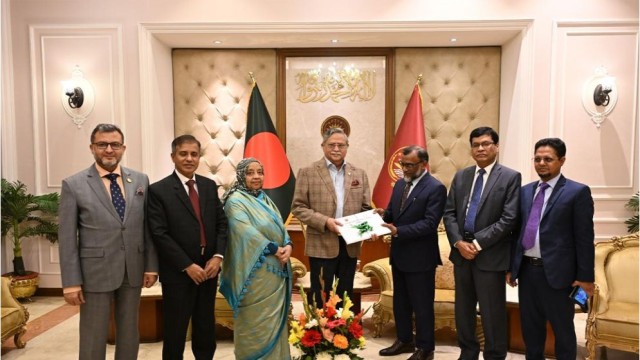

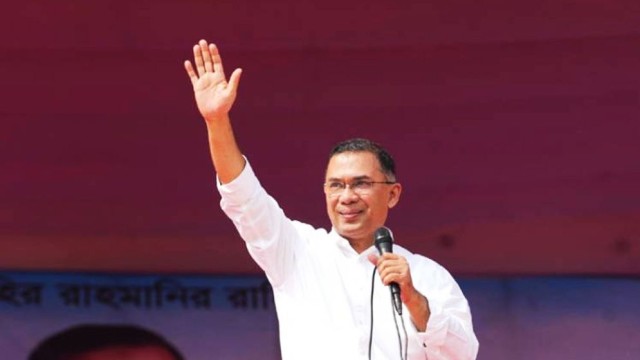
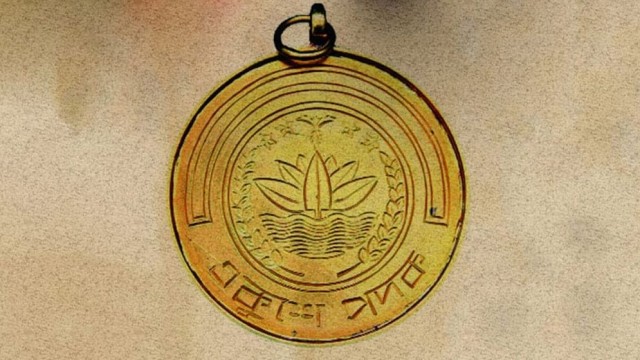
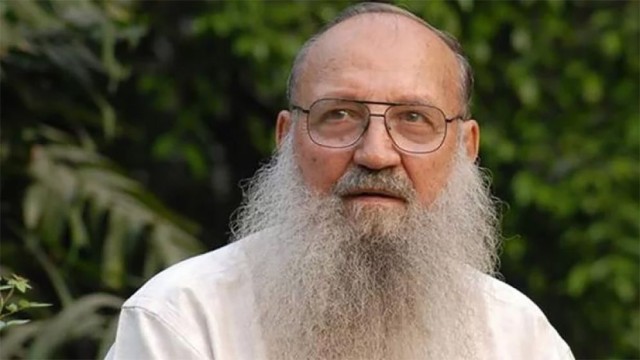

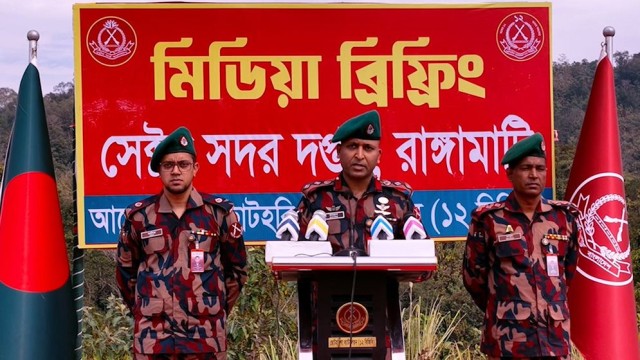
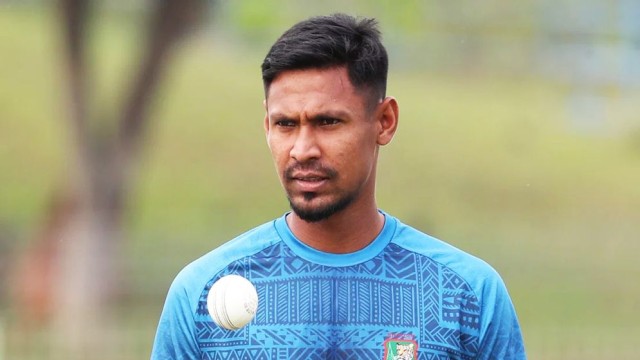
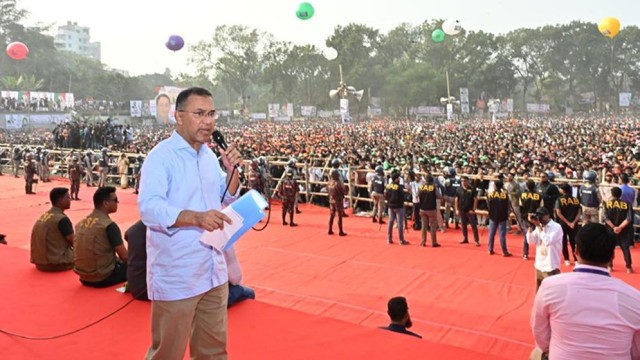
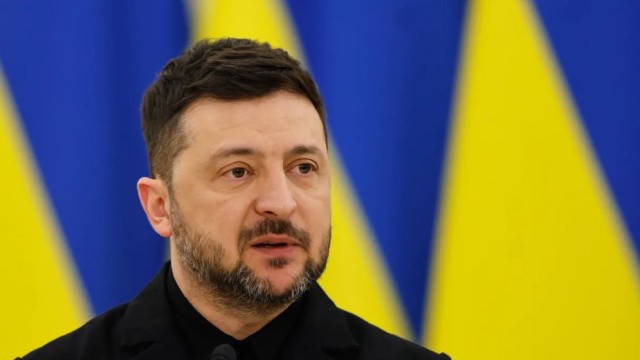











Comment: